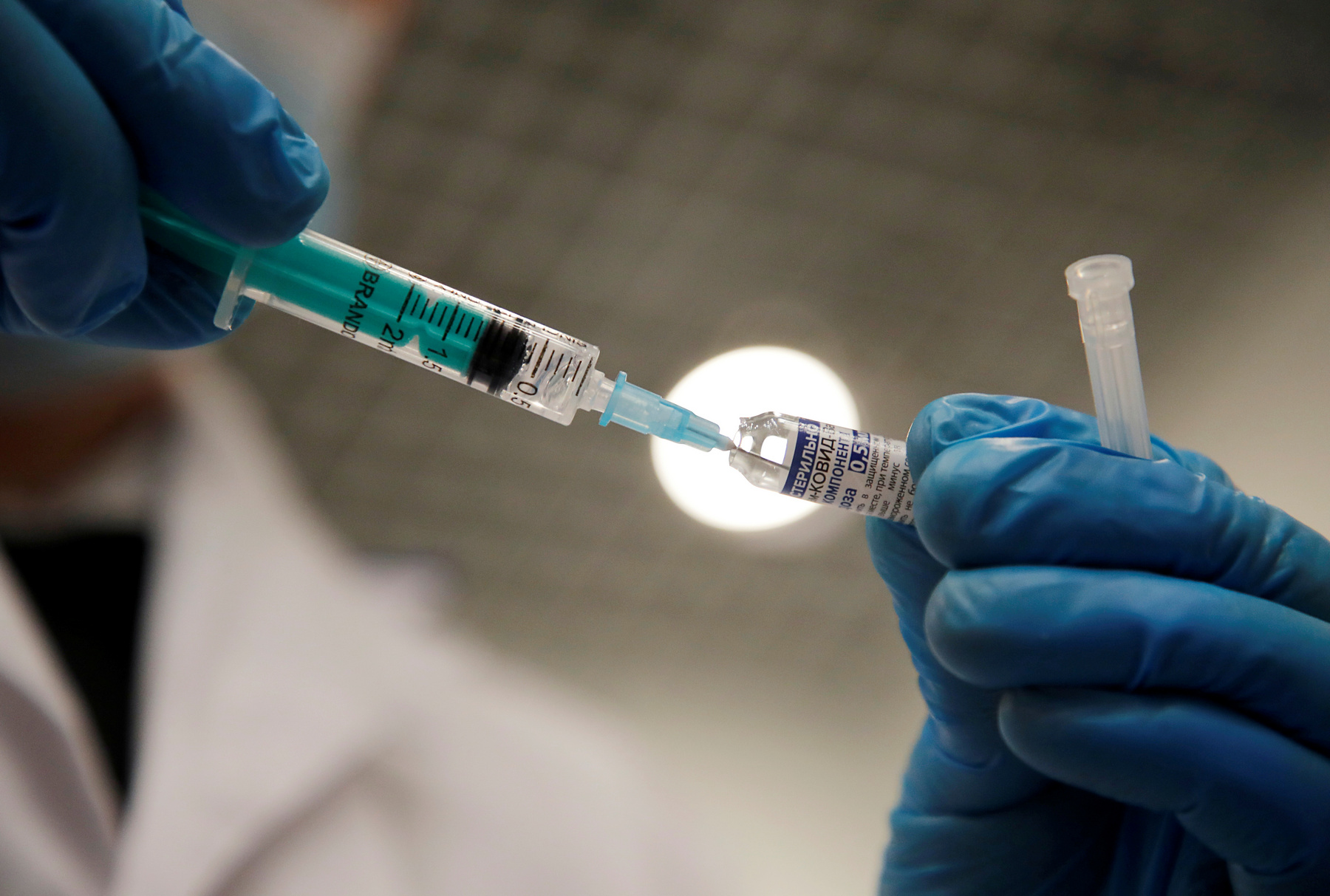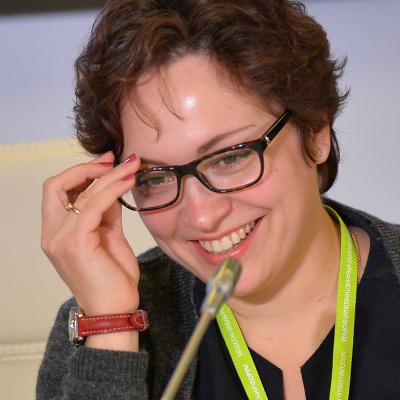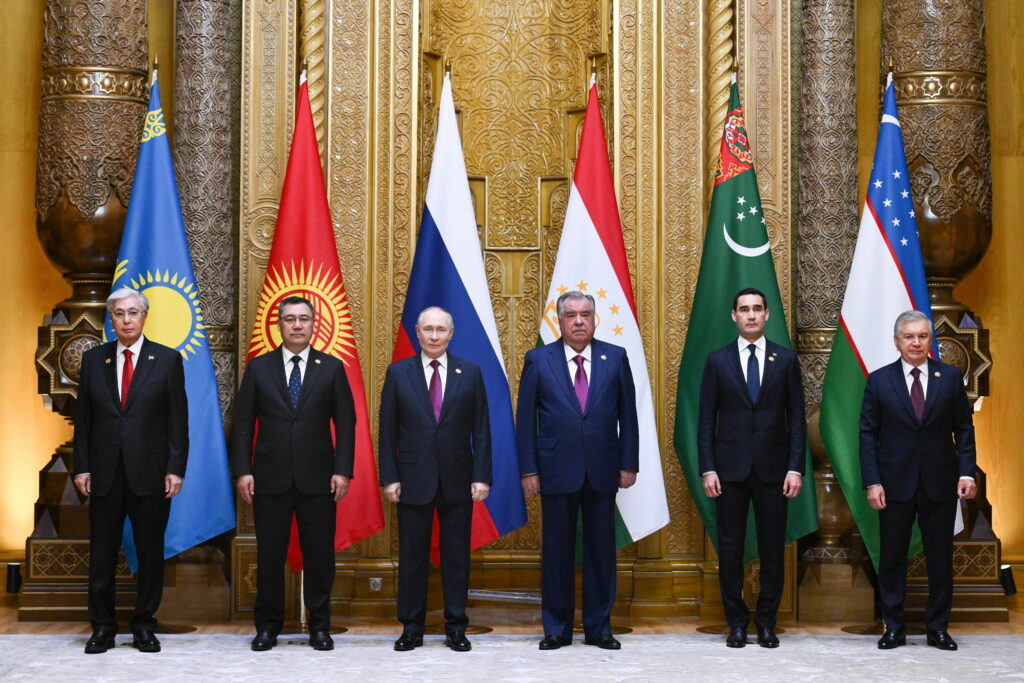The coronavirus has put a severe strain on healthcare systems in all post-Soviet countries. Large financial and human resources have been thrown into the fight against the pandemic. Procurement of the COVID-19 vaccine and universal vaccination can help. But most countries in Eurasia face serious difficulties getting enough jabs distributed at speed.
Choosing a vaccine
A vaccine against COVID-19 is already being produced in many countries. In the Eurasian space, Russia and Kazakhstan have developed national vaccines: the WHO list includes two Russian vaccines (Sputnik V and EpiVacCorona) and one Kazakhstani (Qaz Covid-in, developed by the Research Institute for Biological Safety Problems in Kazakhstan). The rest of Eurasia has to choose the type of vaccine and its manufacturer.
As of February 23, 2021, Sputnik V was registered in 32 countries, including six states of the former USSR: Armenia, Kazakhstan, Kyrgyzstan, Belarus, Turkmenistan and Uzbekistan. These countries unconditionally accepted the Russian vaccine and certified it for mass use. At the end of December 2020, mass vaccination of the population with Sputnik V has already begun in Belarus.
Kazakhstan began vaccinating its population with the Russian vaccine on February 1, 2021. Almost two weeks before its official registration in the country. The fight against the pandemic here deserves special attention: Kazakhstan is developing a national vaccine Qaz Covid-in, concluding contracts for direct deliveries of Russian vaccine to the country. At the same time, it is producing the Russian vaccine, “Sputnik V,” on its territory at the Karaganda pharmaceutical complex.
Azerbaijan and Tajikistan, at the level of their respective ministries and departments, are negotiating the purchase of vaccines both with Russia and with other countries. Meanwhile, Azerbaijan expects assistance and support in the fight against the pandemic primarily from Turkey. Tajikistan is also eyeing support from international donors (the World Bank has already allocated more than $ 21 million to Tajikistan to counter COVID-19).
A separate group is made up of the countries of Eurasia where issues of geopolitical loyalty are decisive in choosing a vaccine manufacturer. Ukraine has already refused registration and purchases of Sputnik V, having made its choice in favor of purchasing vaccines from other manufacturers (Pfizer, Sinovac, AstraZeneca, Novavaх). On January 21, 2021, the government of the country ruled that “the registration of vaccines or other medical immunobiological preparations (…), the development or production of which is carried out by the aggressor state, is prohibited on the territory of Ukraine.”
The situation with Georgia and Moldova is more circumspect. The Ministry of Health, Labor and Social Protection of Moldova said that the country is interested in purchasing vaccines, regardless of the country of origin. At the same time, viral vector vaccines and protein-based or inactivated virus vaccines were recognized as more suitable for Moldova. That is, theoretically, Moldova can use Sputnik V on an equal basis with vaccines from other manufacturers. But, no official statements have been made on the purchase of the Russian vaccine or its registration (the National Agency for Medicines and Medical Devices of Moldova received a request for registration of Sputnik V on February 16). A similar situation is developing in Georgia. Officials said there are no negotiations to buy Sputnik V yet; the vaccine has not received final WHO approval. Thus, the question of whether Georgia will buy does of the Russian vaccine after its approval by the WHO remains open.
Vaccination of residents of Abkhazia, South Ossetia, Transnistria and eastern regions of Ukraine remains a separate topic. At the moment, there is no official confirmation of the supply of Russian vaccine to these territories; but the population of Donetsk and Luhansk regions of Ukraine is already being vaccinated with “Sputnik V”. The media also report that the ministries of health of Abkhazia and South Ossetia have sent requests to the Russian side for a vaccine.
COVAX Program in Eurasia
Sputnik V deliveries to Eurasian countries that have not reached an agreement directly with Russia are possible under the COVAX program of the World Health Organization. This program guarantees applicant countries free doses of vaccines from different manufacturers for 20% of the population. COVAX participants in Eurasia are Moldova, Georgia, Armenia, Azerbaijan, Kyrgyzstan, Tajikistan and Uzbekistan. Turkmenistan has also expressed its interest in the program. Russia will cooperate with this initiative, but direct deliveries of Sputnik V to other countries will remain a priority.
The interim forecast for the distribution of vaccines under the COVAX program suggests that in 2021 Uzbekistan will be able to receive 2,640,000 doses of vaccine; Ukraine – 2, 332,000; Tajikistan – 732,000; Azerbaijan; 506,000; Kyrgyzstan; 504,000; Georgia – 214,000; Moldova – 180,000; Armenia – 146,000. Yet the COVAX participating countries cannot choose which vaccines they will receive to fight the pandemic. Armenia expects the first part of COVAX deliveries in February, wGeorgia in March-April, Uzbekistan in spring (in parallel, Uzbekistan is now purchasing 1 million doses of Sputnik V). Kyrgyzstan will be able to start mass vaccination no earlier than June.
In February 2021, the EU approved a three-year €40 million program that will help six Eastern Partnership countries (Armenia, Azerbaijan, Belarus, Georgia, Moldova and Ukraine) to vaccinate against the coronavirus. However, 40 million euros is a drop in the ocean for the countries of Eurasia. Their health systems are weak and vulnerable, and the technical support of clinics leaves much to be desired. For a many Eurasian countries, Sputnik V may eventually become the only financially affordable tool in the fight against the pandemic for some time (while keeping in mind that there are serious doubts about Russia’s ability to establish sufficient vaccine production).
For some countries, the choice of a vaccine manufacturer is not only a matter of financial capacity and public health, but also of (geo)policy. But if in the next six months WHO finally approves the use of “Sputnik V,” then geopolitical considerations may fade into the background — even in those countries that have serious contradictions with Russia.










